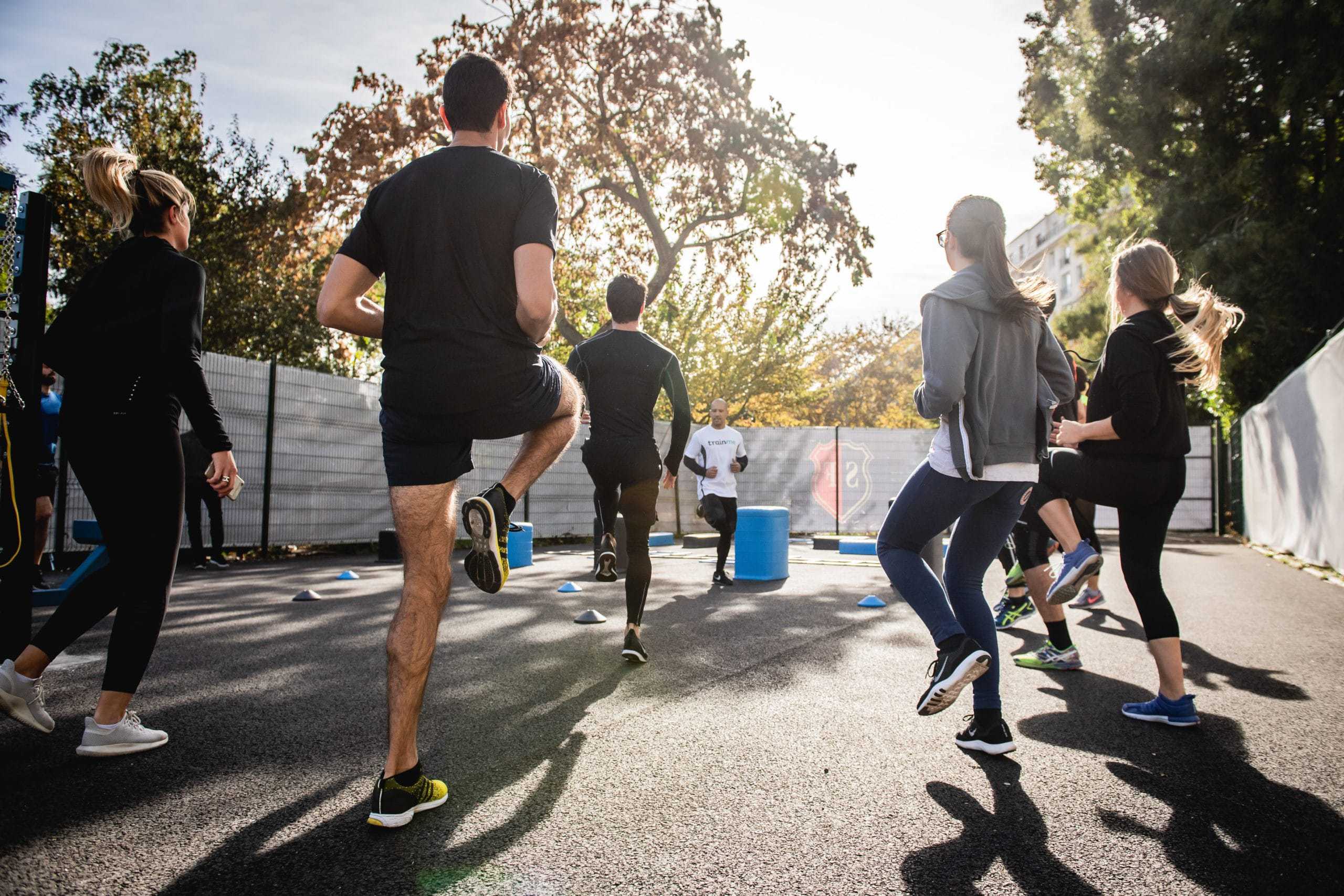Establish relationship
The process begins with engagement. Engagement and building trust with the client is established by building rapport. Many factors are included in this process. Essential traits to building rapport include genuineness, eye contact, good energy, warmth, good quality of voice, a feeling of connectedness, being comfortable and relaxed in the exchange, mindful listening, being supportive and positive body language, and physical gestures. Rapport is fundamental not only in the initial coaching session but also in each coaching session thereafter. The background of the health coach can also be an asset to their bonding with patients. Allowing health coaches to connect with their patients by building a strong relationship plays a vital role in improving the health outcomes of patients. Especially when working with underrepresented populations, pairing patients with a health coach of similar race/ethnicity, socio-cultural or linguistic background, makes the health coach more relatable, and this too impacts the health outcomes of patients. Health coaches may speak a variety of languages in addition to English such as Spanish and Cantonese, Vietnamese, Swahili, and other languages, which helps to increase the audience of patients that health coaches can support. Speaking more than one language as a health coach is also an asset to the health coach-patient relationship and their communication. Having a health coach that is relatable and easy to talk to yields positive outcomes due to the positive relationship between the coach and the patient. Although rapport is important, a coach may want to avoid becoming too close with the client. Becoming too close to a client can create a barrier for successful coaching relationships by being too emotionally attached, having a personal agenda, and falling into assumptions based on personal relationships or experience.
Motivational interviewing
Once a coach has established rapport, building strong communication strategies is essential. An effective tool used in health and wellness coaching and other clinical work is motivational interviewing. Motivational interviewing is a process used in psychotherapy, social work, medicine, addiction, and other fields. It aims to raise clients’ awareness of problems and possibilities while reducing their ambivalence about change.
Motivational interviewing is also characterized by a focus on the present rather than the past. The emphasis is on the communication that is conducted with clients, concentrating on internal motivating factors and an exploration into individual core values and goals. This allows the client to express their desire to change their lifestyle and identify it themselves rather than having it come from the health coach
Guiding the agenda and goal setting
Guiding the agenda and goal setting is collaborative behavior change techniques used between the coach and the client. During the motivational interviewing process, after strengths, values, and desires are determined and the client’s vision is set in place, specific goals are safely set so the client is able to move in the direction of his/her newly formed desires.
Goals promote behavior change through a collaborative process, which includes the coach making a plan to track and evaluate progress. The coach can help the client focus on success even if a goal is not yet achieved. Evaluating strengths and what is successful helps the client move forward. Positive feedback helps the client progress and move through negative self-talk, ambivalence, resistance, and other hurdles. Although self-regulation is a powerful behavior change tool, the client may lapse. When the coach promotes the principles of positive psychology and goal setting through the motivational interviewing process, the coach helps the client continue to improve self-efficacy, which supports behavior change



